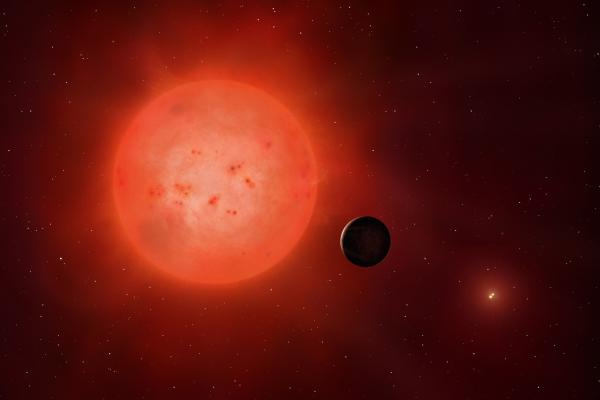
Title: Evolution of Exoplanets and their Broader Environments
Abstract:
Over the past three decades, exoplanet science has revealed planetary archetypes with a wide range of sizes, compositions, and orbital characteristics. A major frontier in the study of these exoplanets aims to measure their properties and to understand how those properties result from the processes of star and planet formation. While the earliest formation stages are challenging to observe directly, a suite of ground and space-based telescopes is beginning to clarify the processes — both planetary and stellar — that occur shortly after the protoplanetary disk disperses. In this talk, I will discuss some recent advances, highlighting: (i) young transiting exoplanets that orbit close to their host stars, (ii) the dissolving stellar associations that harbor such exoplanets, and (iii) the circumstellar environments of young stars. In particular, I will close by highlighting a novel type of optically periodic variable star whose behavior points to unexpected physical processes happening in the magnetospheres of young M dwarfs.
